National school closures as a measure to prevent the spread of COVID-19 have disrupted the education of a generation of children and youth. At the time of writing, over 1.57 billion learners, including nearly 743 million girls, are out of school worldwide. In times of crisis such as this, existing power imbalances and inequalities are exacerbated, increasing the vulnerability and marginalisation of certain groups. Among them, adolescent girls are particularly at risk, being the least likely to return to school following a crisis.
The West African Ebola outbreak of 2013–2016 drew particular attention to the significance of gender issues relating to disease outbreaks, demonstrating that failure to identify gender as a response priority at the global level has tremendous national and local impacts. This has led to global recognition that even in times of crisis, structural issues such as gender equality should not be put aside. Responding to COVID-19 is a test to translate this recognition into action.
Since the start of the pandemic, countries have been developing and implementing strategies to help students continue to learn whilst combating the spread of the virus. We want to highlight three approaches through which the global community is responding to the gender-specific barriers to learning posed by the outbreak, and supporting country partners to integrate gender into their education response. To do this, we will draw examples from four of our partners — Education Cannot Wait (ECW), the Global Partnership for Education (GPE), Plan International, and UNICEF.
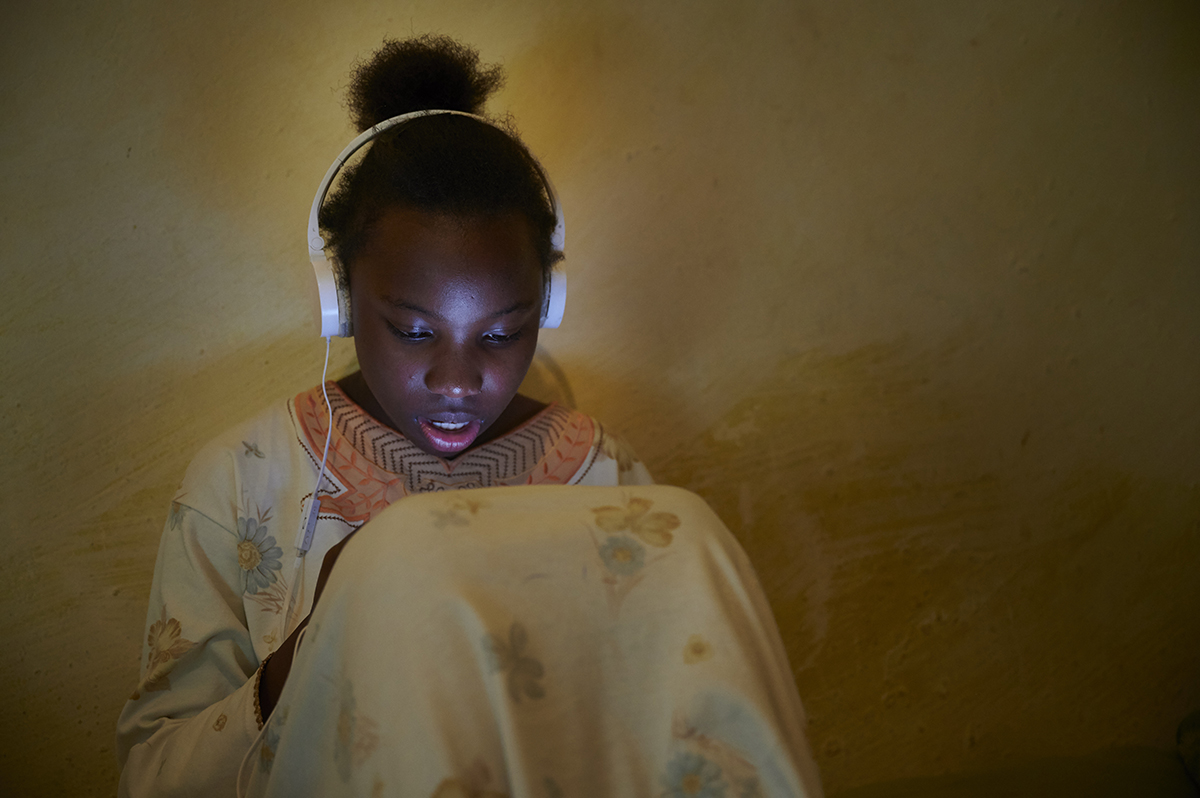
Approach 1: Leveraging financing to ensure attention to all children, with a focus on girls
Education Cannot Wait (ECW) rapidly released $23 million in emergency grants to support the COVID-19 response in crisis-affected countries. This is allowing governments, UN agencies and civil society to deliver education and health-related services for the next 6–12 months in 26 national and regional contexts where this pandemic is truly ‘A Crisis Within A Crisis’ for children and youth.
Girls living in armed conflict, forced displacement, disasters and other crises are exposed to severe protection risks and vulnerabilities in the midst of the COVID-19 pandemic. To effectively address these realities, we must shift the paradigm and ensure gender doesn’t come as an addition to programming but rather that it is a non-negotiable central priority, in any education investment.
The Global Partnership for Education (GPE) has allocated $225 million to support education responses to the outbreak in 67 countries, with an additional $25 million provided to coordinate global and regional efforts. The funds will help sustain learning for up to 355 million children, with a focus on ensuring that the most marginalised children, and girls in particular, can continue their education.
Both ECW and GPE are working with grantees and partners throughout different phases of the response to ensure that these funds integrate attention to gender. ECW requires all grantees to include rapid gender assessment and targeted approaches for girls in their proposals, and to integrate gender-specific actions at the design stage of the response.
For example, in designing continuous learning strategies, partners must first evaluate how girls’ caregiving roles or their lack of access to digital technology skills may exclude them from these opportunities. ECW also requires grantees to explore how to provide safe remote mental health and psychosocial support to girls, including strategies to help prevent and respond to sexual violence.
The COVID-19 pandemic could mean that millions of the poorest girls across the world may never return to school. GPE prioritises gender equity and equality in everything we do, and we are keeping the most vulnerable children, especially girls, at the centre of our response.
At the results stage, GPE has incorporated gender into their monitoring and evaluation framework. Grantees must collect data, analyse and report on the relevance and effectiveness of grants in addressing the specific barriers to learning faced by girls. Where relevant, programmes must also report on a number of gender equality measures, such as the number of personnel trained on gender-based violence and the number of girls and boys reached through information and services on sexual and reproductive health among others.
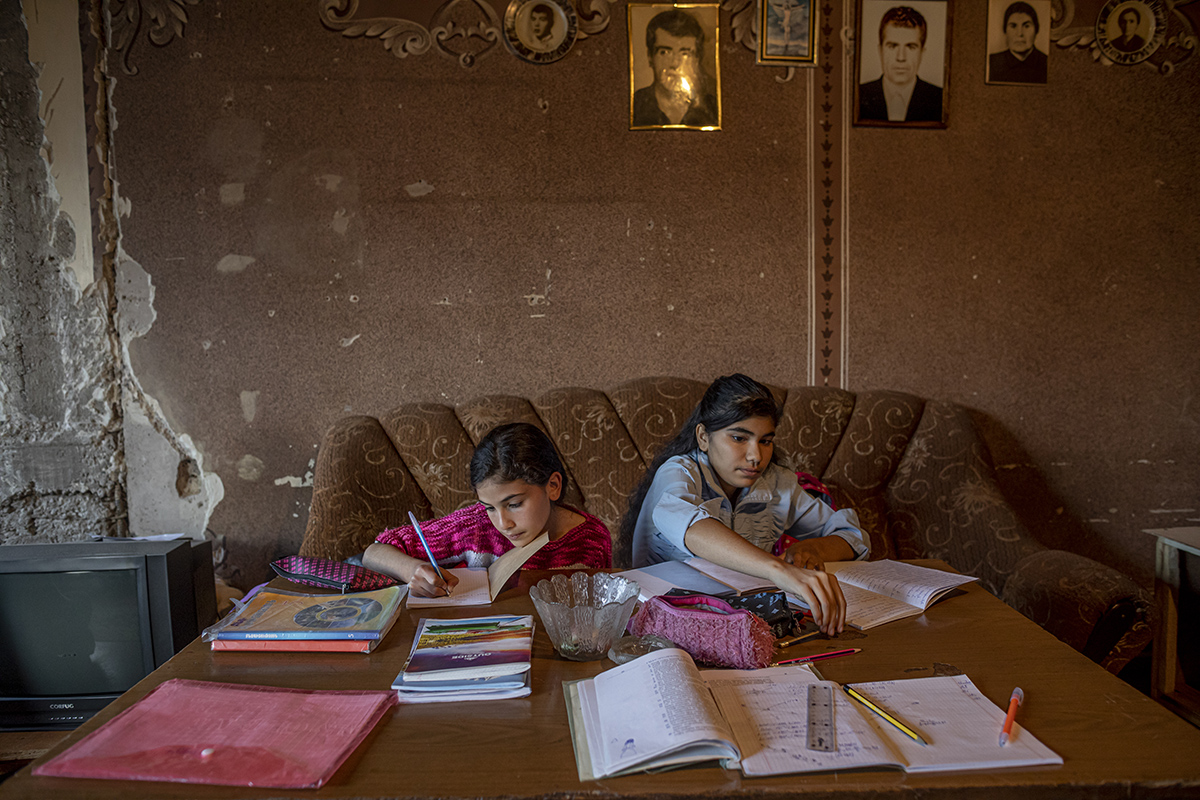
Approach 2: Technical support and targeted approaches to respond to gender-specific challenges and risks in different contexts
Both Plan International and UNICEF are working with ministries of education to ensure that national education response plans are gender-sensitive. UNICEF is mobilising more than 800 skilled education staff around the world to launch a system-wide education response, providing direct support, education tools and materials to ministries. This includes the development of Five Actions for Gender Equality in the COVID-19 response which highlights girls’ education and provides guidelines for supporting the most vulnerable children (including girls) in areas of school closures.
UNICEF is also supporting a range of remote learning programmes tailored for each context, with a focus on the most vulnerable groups. One such programme is the Learning Passport, a joint initiative between Microsoft and UNICEF. Initially designed as a digital remote learning platform for displaced and refugee children, the Learning Passport has now been scaled up rapidly to provide country-level curricula for children and youth whose schools have been forced to close due to COVID-19. In middle and low connectivity areas, a mix of mobile-phone based, TV, radio and print materials are being adopted to reach the most marginalised girls.
Plan International is also working with partners to develop continuous learning strategies that address the specific needs of girls, and supporting teachers in delivering these solutions. As part of this response, Plan is ensuring that students have access to remote Comprehensive Sexuality Education (CSE), which may be de-prioritised in national continuous learning curricula delivered during school closures.
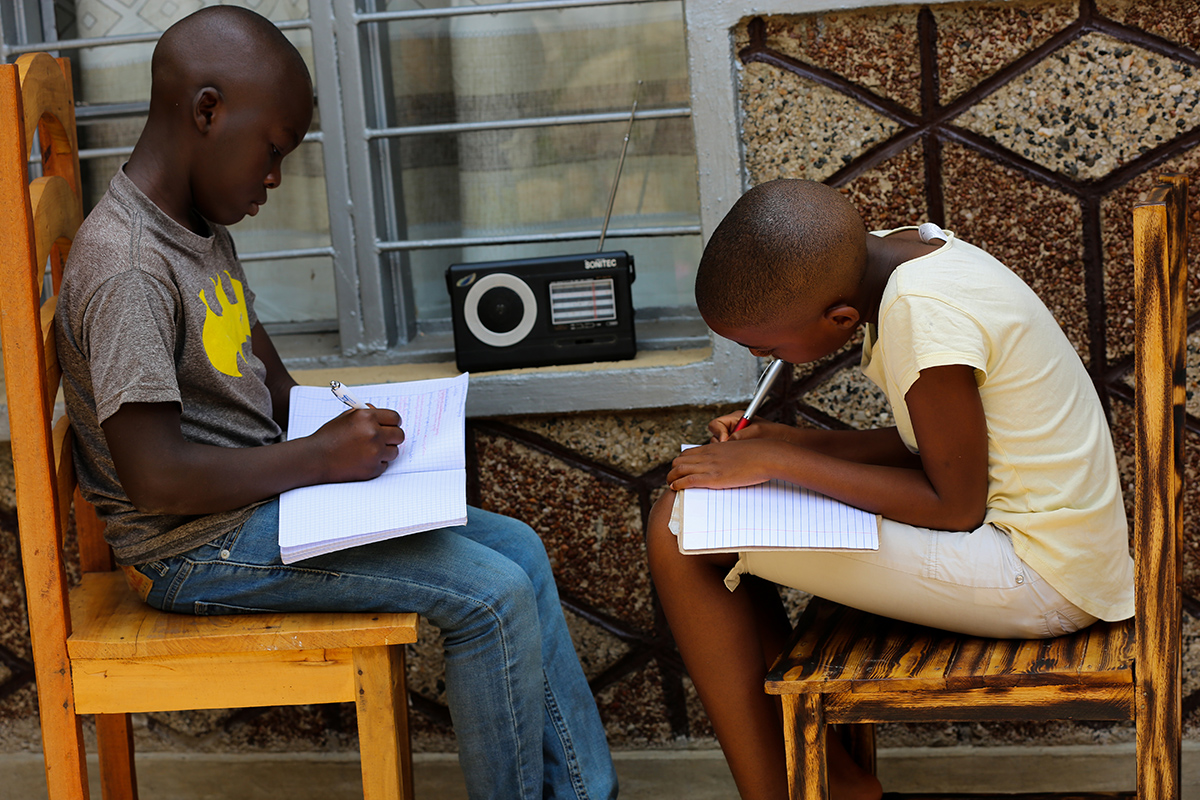
Approach 3: Putting gender equality at the forefront of the building back process
As efforts to ensure continuity of learning across the world are rolled out, we must also shift our attention to the safe reopening of schools. This is an opportunity to change the status quo and put measures in place now that can help to ensure that all girls have the opportunity to resume their education once restrictions are lifted.
UNICEF is supporting ministries of education to monitor and prioritise girls and other marginalised children that are most at risk of not returning to school, and to adopt necessary precautions to ensure safe reopening. UNICEF is also advocating for improvements to Menstrual Hygiene Management provisions in schools, WASH and nutrition to help marginalised girls stay in school.
Once the immediate COVID-19 crisis is over, ECW will resume its recovery investments in multi-year resilience programmes across the humanitarian-development nexus, working closely with host-governments, UN agencies and NGO partners to translate their commitment to gender equality into reality on the ground.
Recognising the central role that girls and women play in rebuilding communities following a crisis, Plan International is strengthening youth leadership through the crisis and ensuring that young people, and girls in particular, are included in the decision-making processes and dialogues that will impact their education and future. Engaging with girls and young women as partners will ensure that decisions made regarding the safe and inclusive reopening of schools respond to the specific challenges faced by girls.
Girls must have a seat at the decision-making table! As the longer-term impacts of the crisis unfold, we must work closely with girls and women to amplify their voices and ensure that they are an active part of the process of rebuilding.
Looking ahead to the safe, inclusive reopening of schools
All four partners are supporting countries to implement a range of gender-sensitive approaches to continuous learning through a combination of financing and technical support. The different responses also draw on learning from previous health emergencies, with attention to the gendered digital divide, girls’ caregiving responsibilities, increased risk of SGBV, and reduced access to sexual and reproductive health (SRH) services and education.
Our understanding of the impact of the COVID-19 outbreak and response on social and gender norms, economies and education systems is still evolving. However, following the aftermath of previous health emergencies, we know that simply lifting school closures will not be enough to ensure all girls can return to school and fulfil their full potential. We must start planning now to ensure the safe, inclusive reopening of schools.
Even before this pandemic, more than four-out-of-ten girls from the poorest families had never attended school, or dropped out before completing primary education. We must work together so that all girls have access to inclusive, gender-responsive and digitally-connected schools.
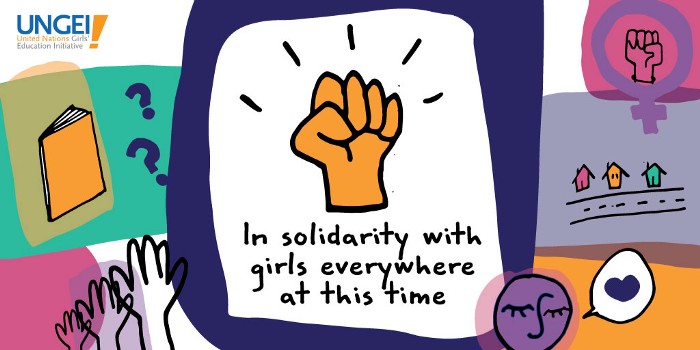
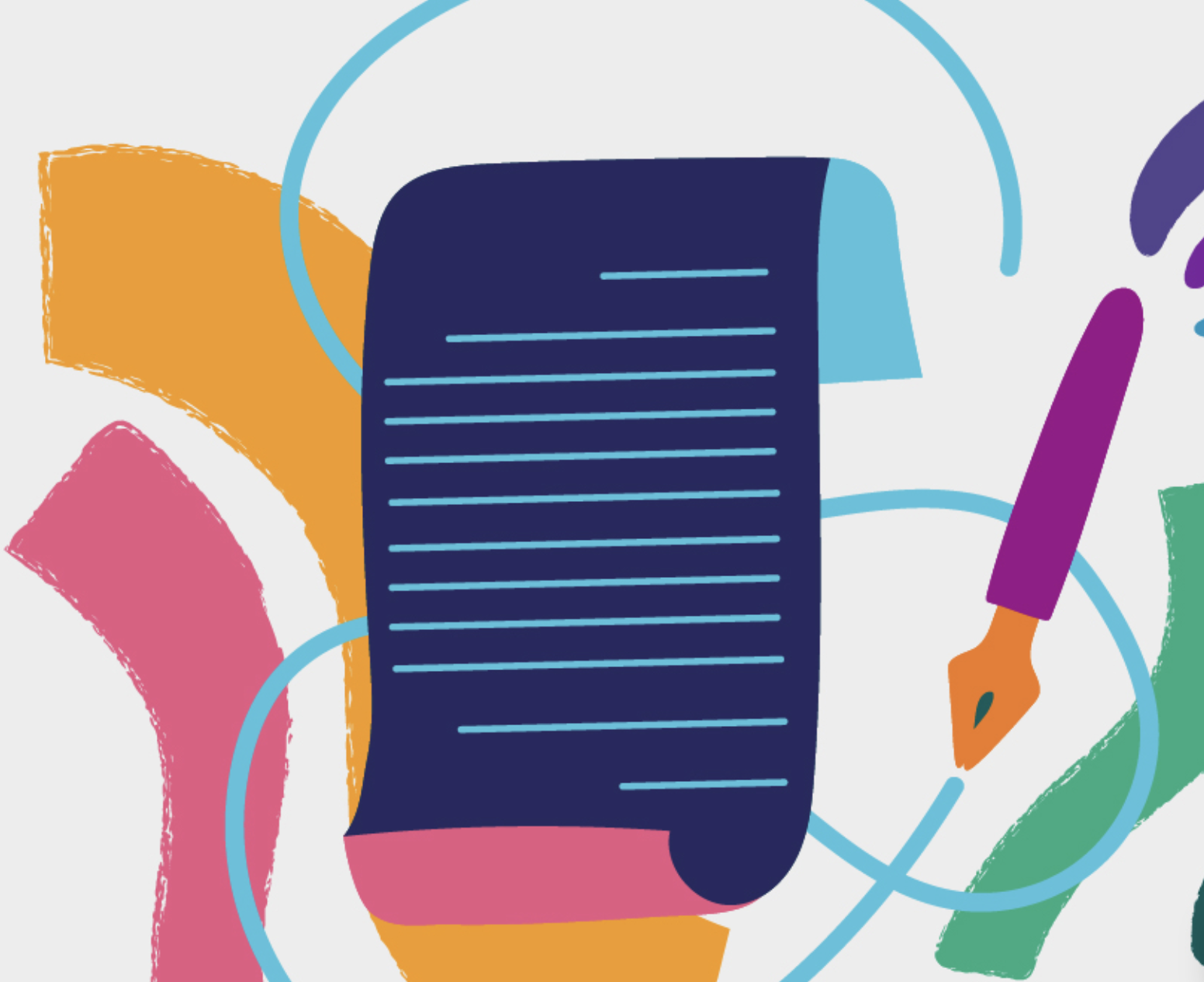
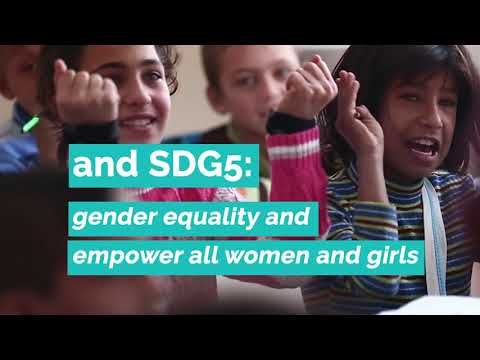

 English
English العربية
العربية Български
Български Hrvatski
Hrvatski Čeština
Čeština Dansk
Dansk Nederlands
Nederlands Suomi
Suomi Français
Français Deutsch
Deutsch Ελληνικά
Ελληνικά हिन्दी
हिन्दी Italiano
Italiano Română
Română Русский
Русский Español
Español Maltese
Maltese Zulu
Zulu አማርኛ
አማርኛ